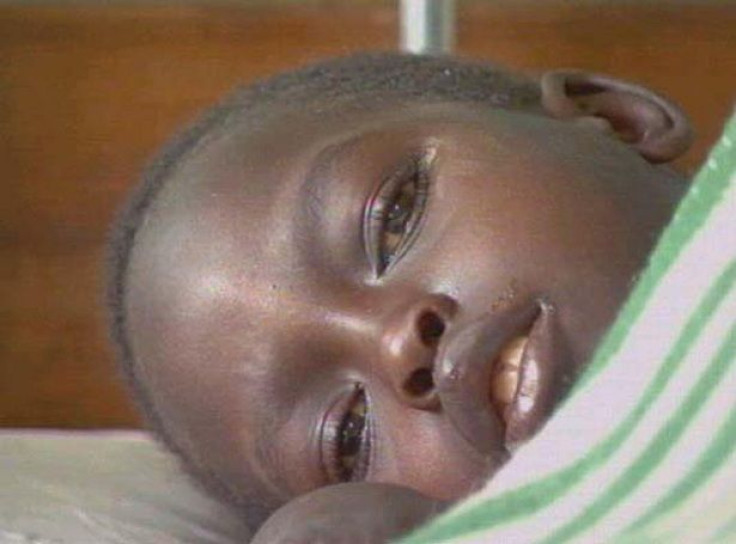Ugandans Urged to Avoid Kissing, Sex and Shaking Hands Amid Ebola Outbreak

Uganda's President Yoweri Museveni has warned people in the East African nation to avoid kissing, shaking hands and having sex in an effort to try to stop the spread of a deadly Ebola virus that has already claimed the lives of 14 people.
"Ebola spreads by contact," President Museveni said in a national address. "When you contact each other physically then Ebola spreads through sweat, through saliva in case you kiss, blood (exchange of blood) vomiting in case you touch the vomit of somebody who is sick or diarrhea, urine, sexual fluids etc all those transmit Ebola."
Museveni said that health officials were trying to trace everyone who had been in contact with the victims so that they could be quarantined, and apart from avoiding physical contact, friends and family should not bury anyone who is suspected to have died of Ebola.
"Instead call health workers because they know how to do it," he said.
The first victim of the latest Ebola outbreak was a pregnant woman, and the virus began to spread at a funeral, Museveni said.
"The starting point was Nyanswiga. When people died those who came to bury them also got sick," the president said. "They are the ones who transferred the sickness from Nyanswiga, Kibaari, Kisindiizi, Kagadi hospital and eventually Mulago Hospital."
Museveni said that seven doctors and 13 health workers at Mulago hospital have already been quarantined after "at least one or two" patients were taken there from Kibaale district, about 100 miles west of Kampala, the country's capital.
He said that a health worker who had been transferred to a hospital in the capital had later died.
"I wish you good luck, and may God rest the souls of those who died in eternal peace," Mr. Museveni said as he ended his address to the nation.
A health official said on Monday that six more patients thought to be infected with the virus have been hospitalized after investigators confirmed an outbreak of the deadly disease in western Uganda, according to the Associated Press.
The East African country has seen three major outbreaks of Ebola over the past 12 years, with the deadliest being in 2000 when more than half of the 425 people infected died.
There is no vaccine for Ebola and symptoms include sudden onset of fever, weakness, headache, vomiting and kidney problems.
"I appeal to you to first of all report all cases which appear to be like Ebola. These are high fever, vomiting, sometimes diarrhea and with bleeding. All such cases should be reported immediately to the health authorities," Museveni said.



























